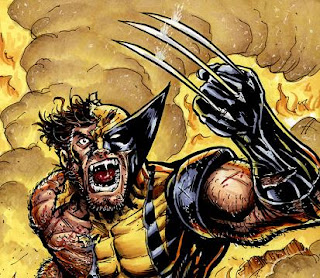 If you didn't hear the news that has all the fanboys astir this morning (or afternoon, or evening, or whenever one wakes up. we're not prejudiced against late-risers around here), everyone's favorite mouse-eared conglomerate has purchased comic book bastion Marvel.
If you didn't hear the news that has all the fanboys astir this morning (or afternoon, or evening, or whenever one wakes up. we're not prejudiced against late-risers around here), everyone's favorite mouse-eared conglomerate has purchased comic book bastion Marvel.You can read more about it here.
What does this mean for the future of marvel franchises? Will the Marvel movies that have been coming out like clockwork lately actually get... *gulp*... worse?
Disney has had a pretty stellar track record lately, so I don't think that fans of the Marvel movies have much to worry about. In fact, with the influx of ideas, personnel, and most importantly of all cash, i think Marvel movies could actually get a whole lot better. And if they don't, at least they'll be squandering the maximum amount of possible resources in the process.
...
I don't see Disney keeping too tight a fist on the comics side of the business, at least not at first. I really think the biggest fireworks we are going to see from all of this are going to be in the form of irate fans worried about the direction of their precious storylines.

But seriously, who doesn't want to see Punisher and Aladdin in a Baghdad brawl over opium smuggled out of the palace? Maybe a Snow White and the Seven Dwarves reboot starring Wolverine as Grumpy? there's potential here, people.


.jpg)
.jpg)
.jpg)

